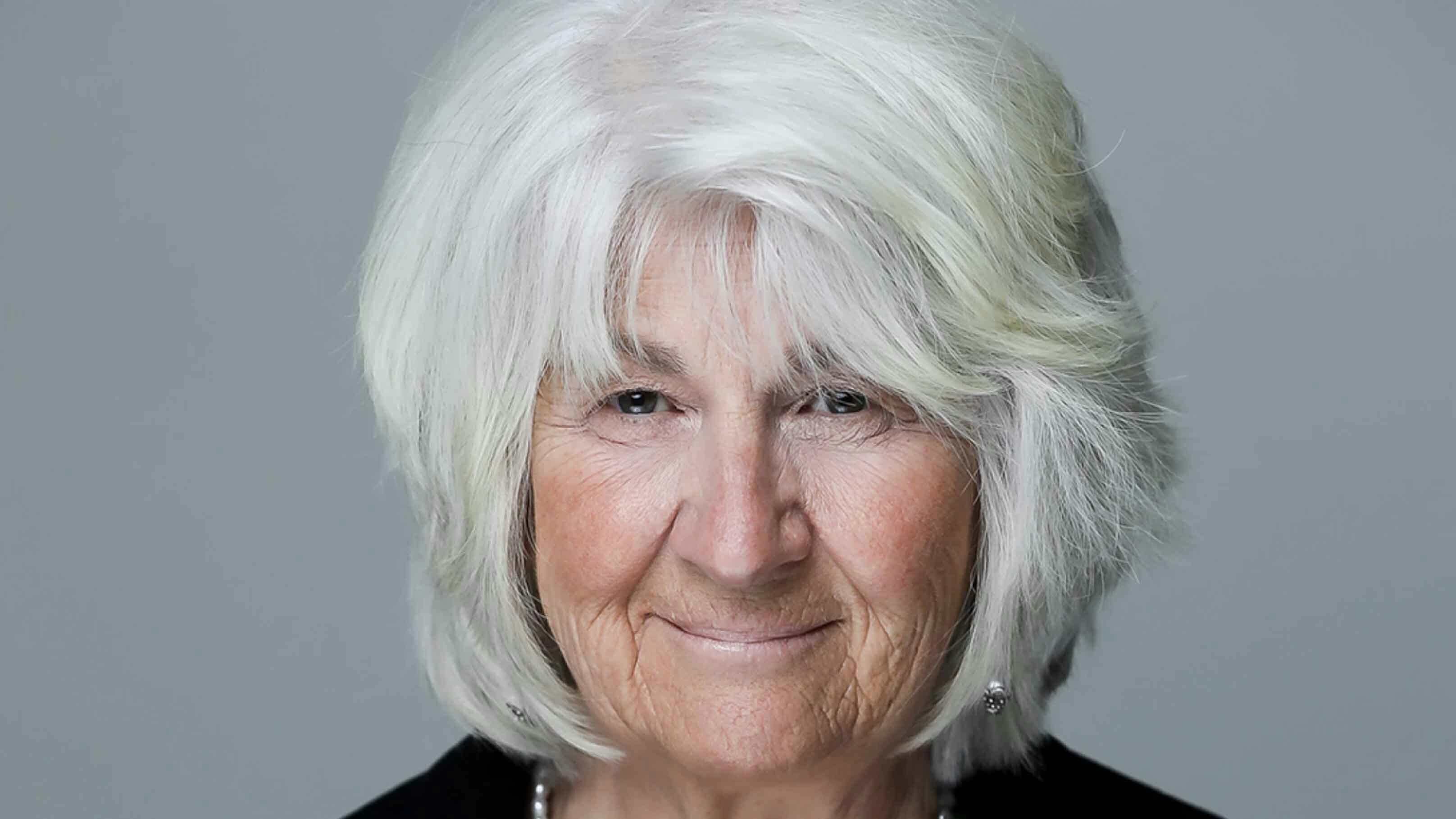By Bill Sniffin
It’s been said there are no boring stories, just boring writers. And with that thought it mind, it would seem that a book about geology would be interesting only to geologists.
The early 1990s book Rising From The Plains by author John McPhee ranks as one of the most interesting and most important books ever written about Wyoming.
McPhee uses the life of famed geologist, the late David Love, as the centerpiece of this book. Love, of Laramie, grew up in Fremont County and was long considered the dean of geologists in the Rocky Mountain region.
McPhee captures the western spirit of Love’s life and that of his parents as they carved out a unique existence on a ranch in an area of Fremont County near Castle Gardens.
The book is full of references to the unique geology of Wyoming. McPhee writes in a style that vividly lets you imagine the extreme risings of mountain ranges, the descent of valleys, and the rolling together of various land masses.
Intertwined with the geological stories (told mostly through Love’s words) is the life story of the famous geologist and his mother, who came west in 1905 after graduating Phi Beta Kappa from Wellesley College back east.
The book was serialized in three parts in the New Yorker Magazine 30 years ago.
In one part, McPhee writes about Love attending school in Lander (he and his brother were educated at home by their mother until they were ready for high school):
“Their mother rented a house in Lander and stayed there with them while they attended Fremont County Vocational High School. One of their classmates was William Shakespeare, whose other name was War Bonnet. Lander at that time was the remotest town in Wyoming. It advertised itself as ‘the end of the rails and the start of the trails.’“
The Love Ranch was located in almost the exact center of the state. It was one of those outposts that was so far from everything else that anyone passing through would stop. Often, people would sleep in the bunkhouse and join the Loves for dinner.
McPhee writes about one memorable meal:
“People (with sordid reputations) came along with such frequency that David’s mother eventually assembled a chronicle called ‘Murderers I Have Known.’ She did not publish the manuscript or even give it much private circulation, in her regard for the sensitivities of some of the first families of Wyoming. As David would one day comment, ‘they were nice men, family friends, who had put away people who needed killing, and she did not wish to offend them — so many of them were such decent people.’
“One of these was Bill Grace. Homesteader and cowboy, he was one of the most celebrated murderers in central Wyoming, and he had served time, but people generally disagreed with the judiciary and felt that Bill, in the acts for which he was convicted, had only been ‘doing his civic duty.’
“At the height of his fame, he stopped at the ranch one afternoon and stayed for dinner. Although David and (his brother) Allen were young boys, they knew exactly who he was, and in his presence were struck dumb with awe.
“As it happened, they had come upon and dispatched a rattlesnake that day — a big one, over five feet long. Their mother decided to serve it creamed on toast for dinner. She and their father sternly instructed David and Allen not to use the word ‘rattlesnake’ at the table. They were to refer to it as chicken, since a possibility existed that Bill Grace might not be an eater of adequate sophistication to enjoy the truth.
“The excitement was too much for the boys. Despite the parental injunction, gradually their conversation at the table fished its way toward the snake. Casually — while the meal was going down — the boys raised the subject of poisonous vipers, gave their estimates of the contents of local dens, told stories of snake encounters, and so forth. Finally, one of them remarked on how very good rattlers were to eat.
“Bill Grace said, ‘By God, if anybody ever gave me rattlesnake meat I’d kill them.’
“The boys went into a state of catatonic paralysis. In the pure silence, their mother said, ‘More chicken, Bill?’
“’Don’t mind if I do,’ said Bill Grace.”
And those stories are just a few that are included in this wonderful book. It is must reading for people who are interested in a well-written story about Wyoming’s recent past and long-distant past.
Check out additional columns at www.billsniffin.com. He has published six books. His coffee table book series has sold 34,000 copies. You can find more stories by Bill Sniffin by going to CowboyStateDaily.com.





